Elon Musk has expanded his lawsuit against OpenAI and its CEO Sam Altman, now including Microsoft as a defendant. Musk alleges that OpenAI and Microsoft have formed a "de facto merger" and accuses them of engaging in anticompetitive practices within the artificial intelligence industry.
The amended lawsuit includes email exchanges between Musk and Altman from 2015, showcasing the informal beginnings of what has grown into a $157 billion company. These emails reveal how the two tech moguls initially discussed the formation of OpenAI.
On Thursday, Musk officially updated his legal complaint, filed in federal court, to reflect these new allegations. He claims that Microsoft’s involvement with OpenAI has fundamentally altered the nature of the company, leading to an anticompetitive relationship.
Musk, who co-founded OpenAI in 2015, has been a vocal critic of the company and its leadership since his departure in 2018. In the lawsuit, Musk provides a detailed account of OpenAI’s origin, including Altman’s initial outreach to him. Musk’s legal team describes Altman’s emails as an effort to “test the waters” and persuade Musk to leverage his financial resources and network for the project.
The court filing also mentions a pivotal moment in March 2015, when Musk and Altman co-drafted an open letter to the U.S. government advocating for regulatory oversight in AI development. According to the lawsuit, Altman saw an "opportunity" following the release of the letter, leading him to email Musk with a pitch to collaborate on OpenAI.
Details of Altman’s email were not immediately disclosed in the complaint. However, the filings suggest it played a key role in Musk’s decision to co-found the organization.
"Been thinking a lot about whether it's possible to stop humanity from developing AI. I think the answer is almost definitely not. If it's going to happen anyway, it seems like it would be good for someone other than Google to do it first. Any thoughts on whether it would be good for YC to start a Manhattan Project for AI? My sense is we could get many of the top ~50 to work on it, and we could structure it so that the tech belongs to the world via some sort of nonprofit but the people working on it get startup-like compensation if it works. Obviously we'd comply with/aggressively support all regulation.Sam"
A month later, Altman followed up on Musk's "noncommital" response and offered Musk a detailed proposal for a new AI lab, according to the court documents.
1.) The mission would be to create the first general AI and use it for individual empowerment—ie, the distributed version of the future that seems the safest. More generally, safety should be a first-class requirement.2. ) I think we'd ideally start with a group of 7-10 people, and plan to expand from there. We have a nice extra building in Mountain View they can have.3.) I think for a governance structure, we should start with 5 people and I'd propose you, Bill Gates, Pierre Omidyar, Dustin Moskovitz, and me. The technology would be owned by the foundation and used "for the good of the world", and in cases where it's not obvious how that should be applied the 5 of us would decide. The researchers would have significant financial upside but it would be uncorrelated to what they build, which should eliminate some of the conflict (we'll pay them a competitive salary and give them YC equity for the upside). We'd have an ongoing conversation about what work should be open-sourced and what shouldn't. At some point we'd get someone to run the team, but he/she probably shouldn't be on the governance board.4.) Will you be involved somehow in addition to just governance? I think that would be really helpful for getting work pointed in the right direction getting the best people to be part of it. Ideally you'd come by and talk to them about progress once a month or whatever. We generically call people involved in some limited way in YC "part-time partners" (we do that with Peter Thiel for example, though at this point he's very involved) but we could call it whatever you want. Even if you can't really spend time on it but can be publicly supportive, that would still probably be really helpful for recruiting.5.) I think the right plan with the regulation letter is to wait for this to get going and then I can just release it with a message like "now that we are doing this, I've been thinking a lot about what sort of constraints the world needs for safefy." I'm happy to leave you off as a signatory.Sam
Musk responded:
Agree on all
Musk stepped down from OpenAI's board of directors in 2018. Years later, Semafor reported that Musk wanted to run the company on his own to beat Google. When his request was rejected, Musk pulled his funding and left, the outlet reported.
He first sued OpenAI and its cofounders in March, alleging the company had shirked its nonprofit mission by partnering with Microsoft, which has invested more than $13 billion in the company.
OpenAI at the time called the suit "incoherent" and "contradictory." Musk dropped the lawsuit but filed a new complaint against the company in August, alleging executives at the startup "deceived" him into joining the startup by playing on his concerns about the existential risks of AI.





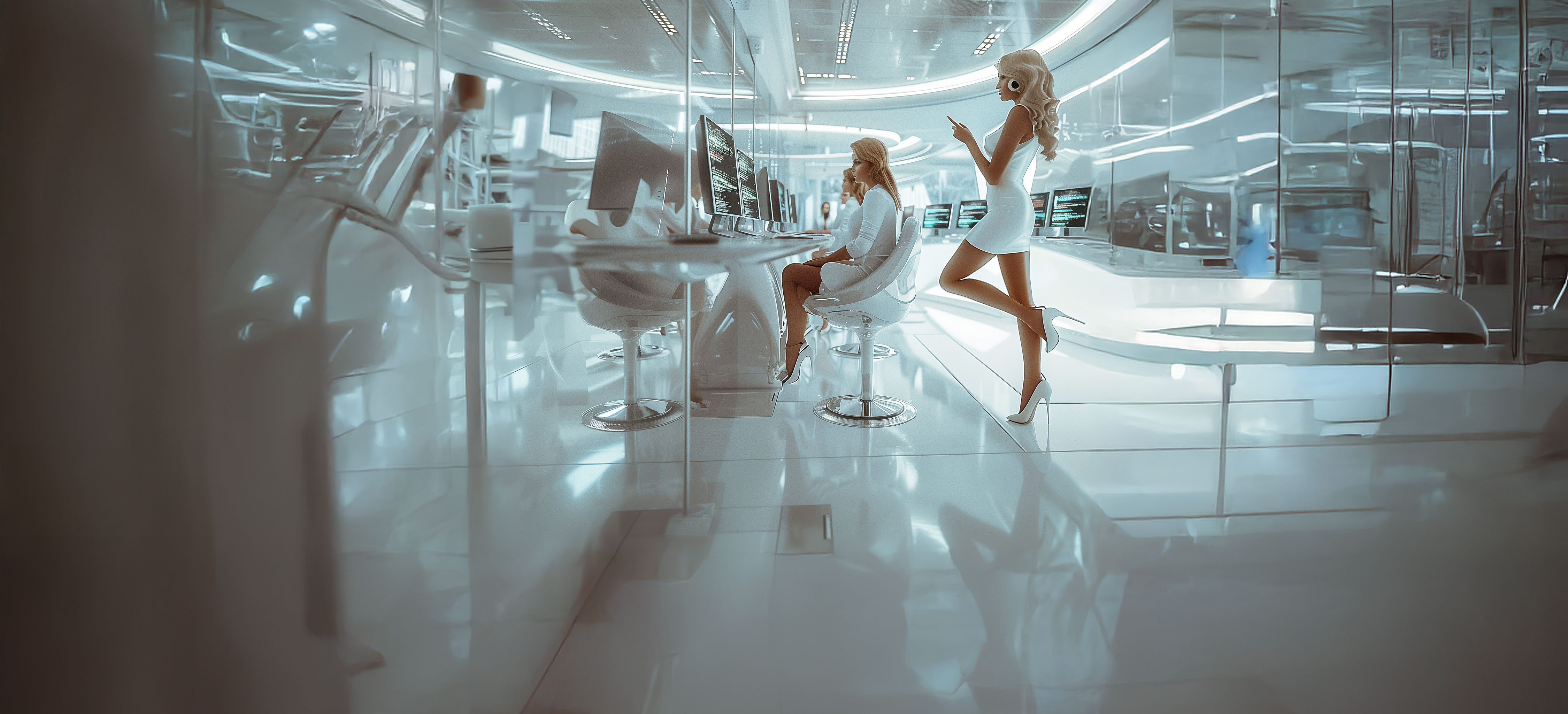
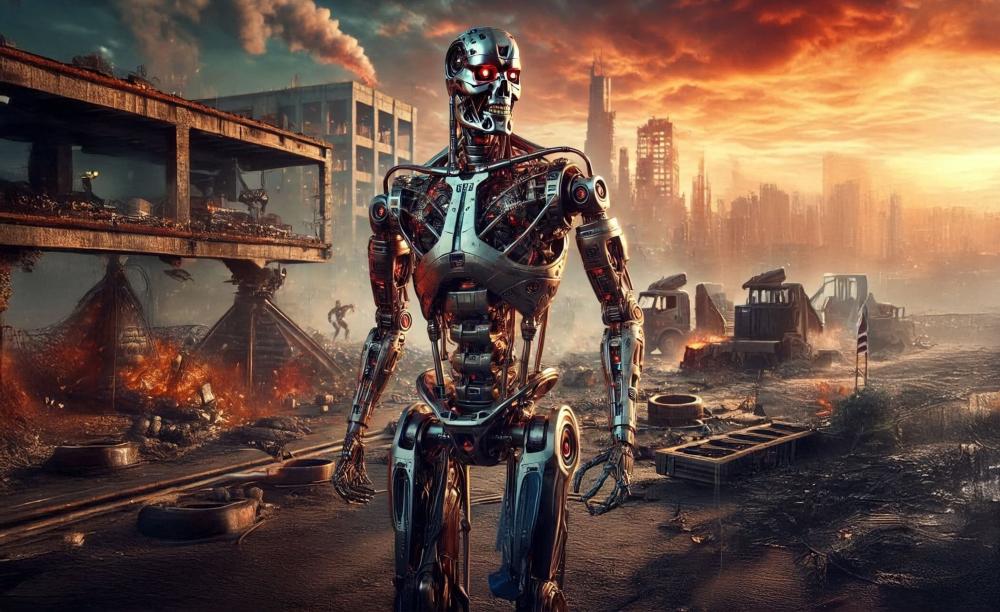
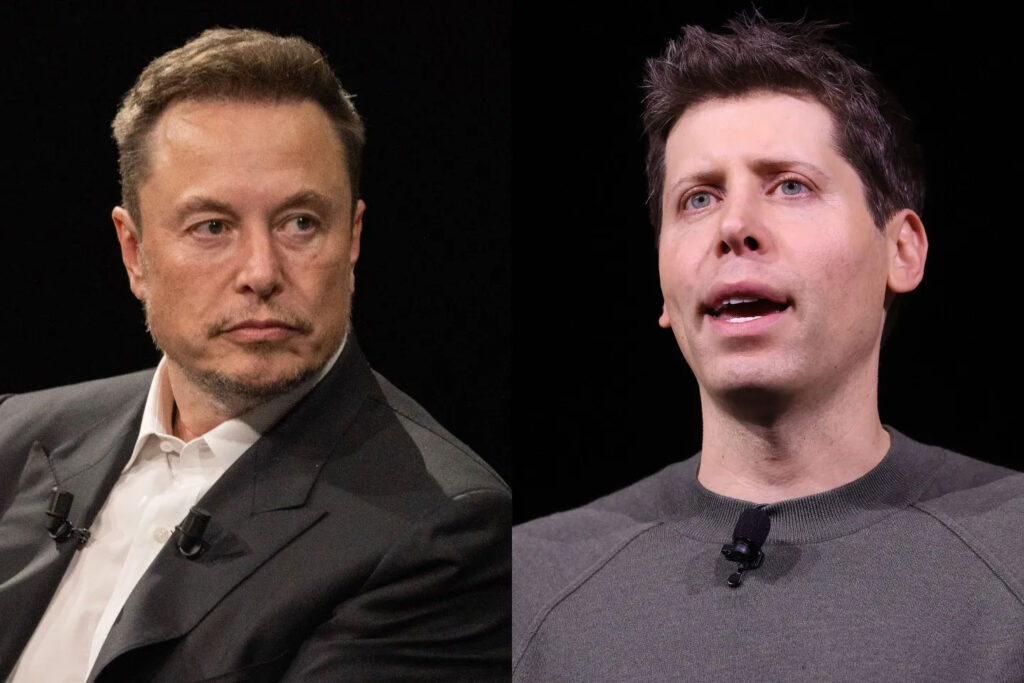









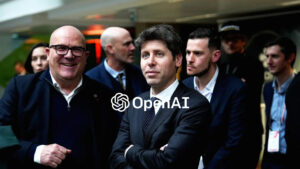
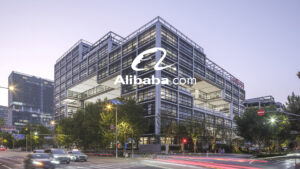
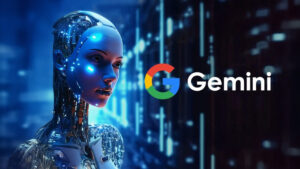




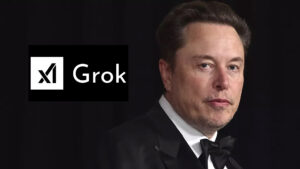

















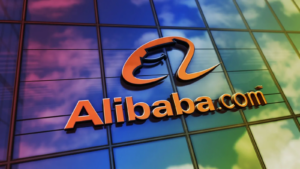


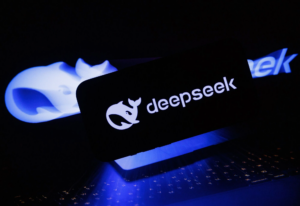
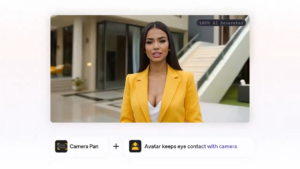

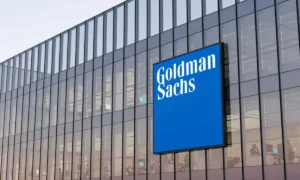

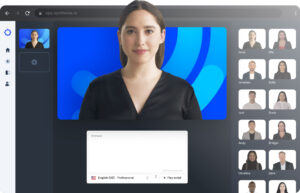

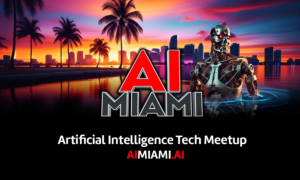
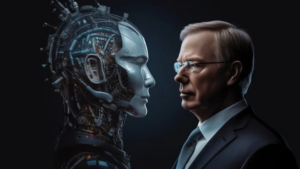



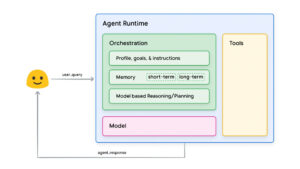



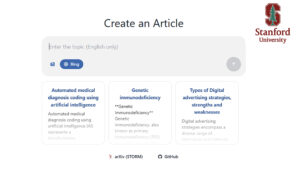


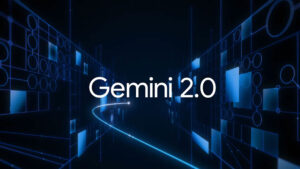




















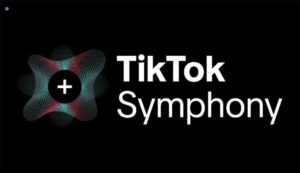

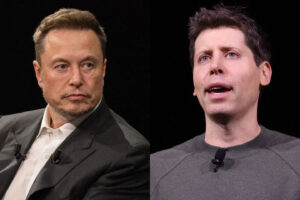
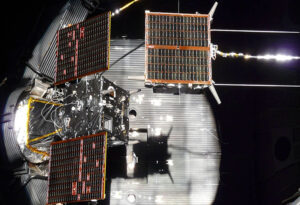

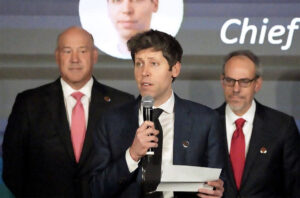

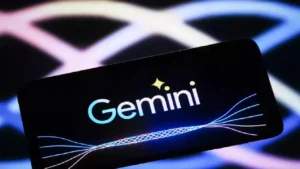

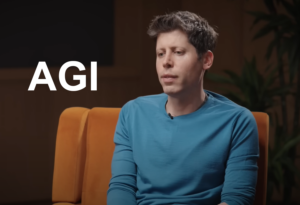
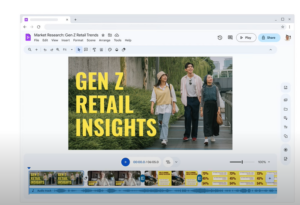


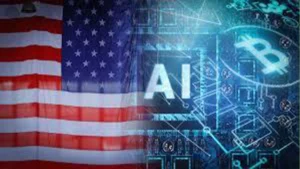
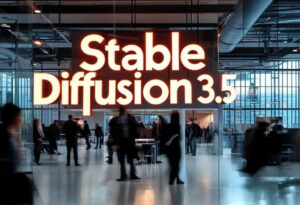
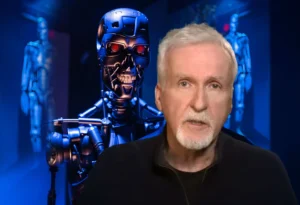
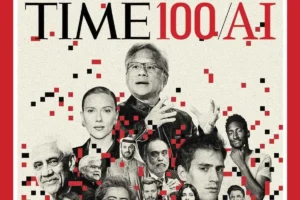
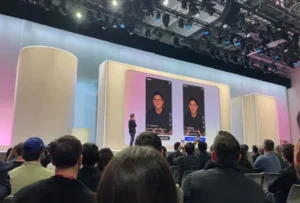
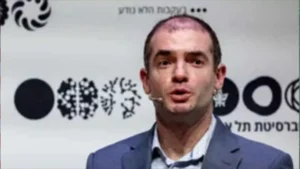
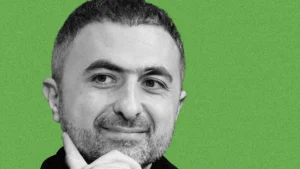





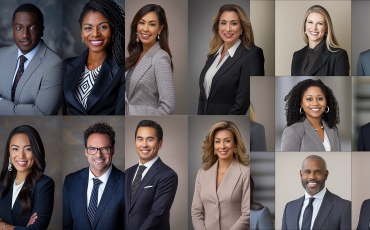
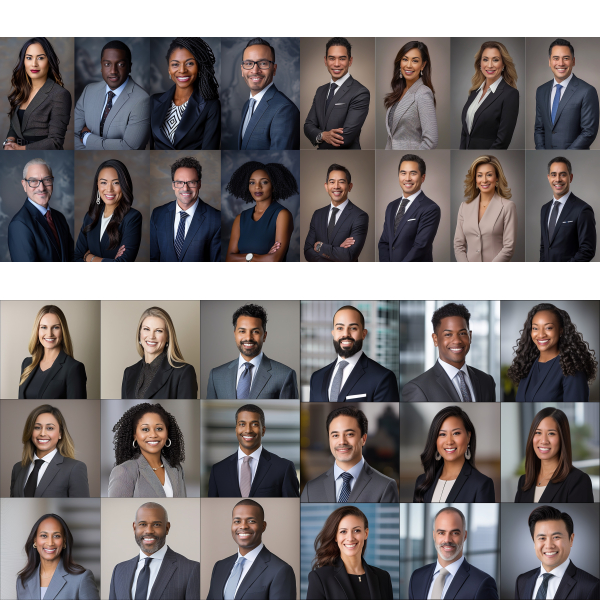


Validate your login
Sign In
Create New Account